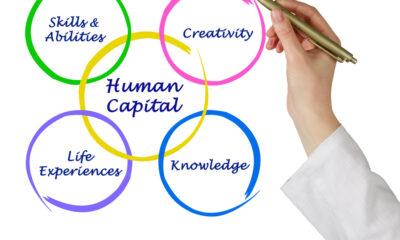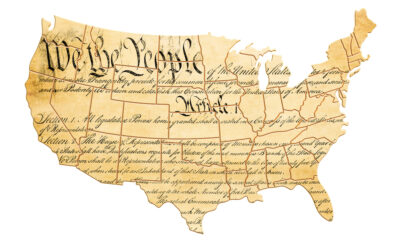Finance
Deliver us from love – Econlib

Most people do not have a reasoned theory to understand how the state and politics work. Many believe in mythological stories they learned at home or at school. Many think that their own country is without a doubt the best in the world, and their intuitions and beliefs flow from that.
We should not discredit ordinary people. The poorer the country, the more they need all their energy to survive and raise families. In wealthier countries, ordinary people are the ones who, when set free, formed a middle class that launched and sustained the Industrial Revolution. The problem comes when, through the state, which they do not understand, they want to gain benefits and privileges at the expense of others and dictate how others should live (see my ‘Princess Mathilde and the Immorality of Politics’, Econlib, April 2012) . 1, 2024).
The political leaders they follow, and who often desire to obey blindly, do not necessarily have a more serious theory of the state, except as an instrument of their ambitions and power. Nicolás Maduro, who as far as we know has just been fraudulently re-elected president of Venezuela, a country he razed to the ground with his mentor and predecessor Hugo Chávez, seems to have a simple theory of the state, which happens to be very useful for his own interests. The Financial times reports (“Nicolás Maduro, the controversial president of Venezuela“, August 2, 2024):
Ultimately, its fate will likely be determined by the mighty military and whether it remains loyal. In the meantime, he’s concentrating on polishing his image. “I am simply Nicolás Maduro, a student, worker, trade union leader, member of the Constituent Assembly, legislator and Minister of Foreign Affairs,” he told the press conference. “And I act out of love.”
Another passage in this report is the journalist’s factual statement that “Maduro drew closer to China and Russia and adopted free market policies.” If “free market policy” is a policy that respects and protects voluntary inter-individual cooperation without coercive direction from political authorities, Maduro has not done such a thing because it would threaten his power. What the paper means is that Maduro recently allowed the dollar to circulate to stave off the discontent of those whose political support he needs.
In its various manifestations, love is a natural and useful feeling in private and small group interactions. But the public love of unrestrained political rulers and coercive busybodies is something very dangerous. James Buchanan and the contemporary school of constitutional political economy advocate a diametrically opposed ideal: institutions that compel political leaders to contribute to the maintenance of a free society, based on an ethic of reciprocity between equally free individuals. In their groundbreaking The calculation of consentJames Buchanan and Gordon Tullock wrote:
To be effective in leading to a more harmonious social order, Christian idealism must be tempered by the acceptance of the moral imperative of individualism, the rule of equal liberty. The acceptance of the individual’s right to do as he pleases, so long as his action does not infringe on the freedom of other individuals to do the same, must be a characteristic feature of any ‘good’ society. The precept ‘Love your neighbor, but leave him alone if he wants to be left alone’ can in a sense be called the overriding ethical principle for Western liberal society.













